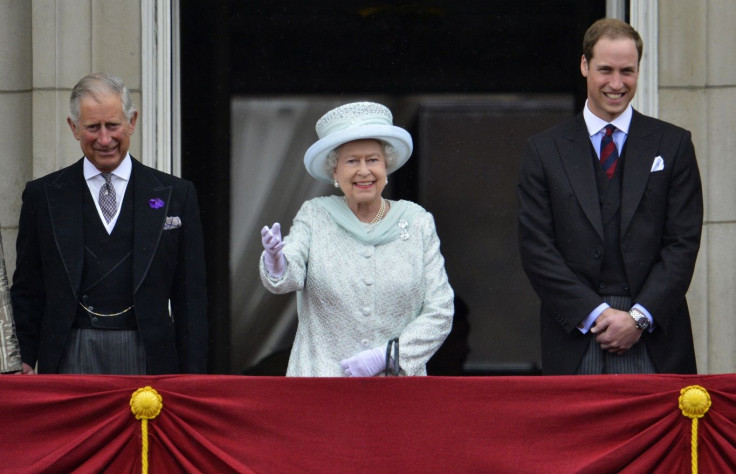Commonwealth to meet in secret to discuss Queen Elizabeth’s successor

Commonwealth nations including Australia will reportedly meet in secret to review their governance and discuss Queen Elizabeth II’s successor. While Prince Charles will be king of the United Kingdom once his mother passes away, he will not automatically become the Head of the Commonwealth as the title is not hereditary.
The BBC reports that the member countries have begun considering who might succeed the Queen. They have set up a “high level group” to look at the way the international organisation is governed, with the group set to review how the Commonwealth is run by its secretariat and governors. They will apparently meet without officials “on retreat” at Windsor Castle.
The high level group consists of seven senior former ministers, namely, Chairman Anote Tong (former president of Kiribati), Lord Howell (former British energy secretary), Louise Frechette (former United Nations deputy secretary general), Robert Hill (former Australian defence minister), Dame Billie Miller (former deputy prime minister of Barbados), Dr Ngozi Okonjo-Iweala (former Nigerian minister of finance) and George Vella (former deputy prime minister of Malta).
Another topic expected to be tackled in the meeting is the Queen’s successor. She took over the role of her father, King George VI, when he died, becoming the Head of the Commonwealth at her coronation in 1953. But the position is not hereditary and therefore will not pass automatically to Charles, who will be head of state in 15 of the 53 member nations of the Commonwealth.
“There are various formulas being played with,” the source told the BBC. “Should it always be the heir to the throne or Prince Charles himself? Is it the person or the position?”
The source said it would be decided whether there should be a one-off decision to appoint Charles to the position or if a new process should be agreed to ensure it would always be the British monarch who would automatically become head of the Commonwealth. There have previously been talks of electing a ceremonial leader to improve the Commonwealth’s democratic credentials. However, many also agreed that there would be no realistic alternative to Charles.
The Queen, who will turn 92 in April, has reportedly been working in private to ensure that Charles succeeds her by sending senior officials around the world to lobby Commonwealth leaders. In 2015 at the last Commonwealth Heads of Government Meeting (CHOGM) in Malta, she has outright pushed for her son’s succession. She said she could not “wish to have been better supported and represented in the Commonwealth than by the Prince of Wales, who continues to give so much to it with great distinction.”
The Commonwealth is composed of 53 states and territories, which are mostly former parts of the British empire. The Queen is also the head of state in Australia, New Zealand and Canada and 12 other countries.





















